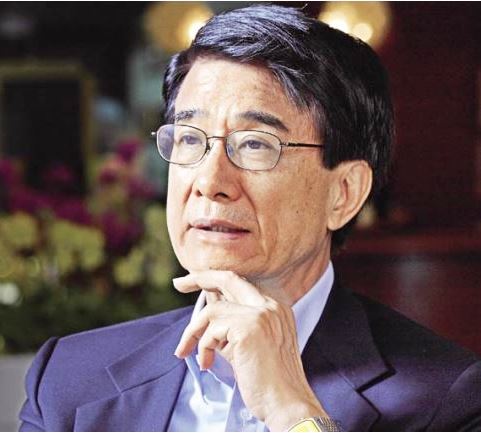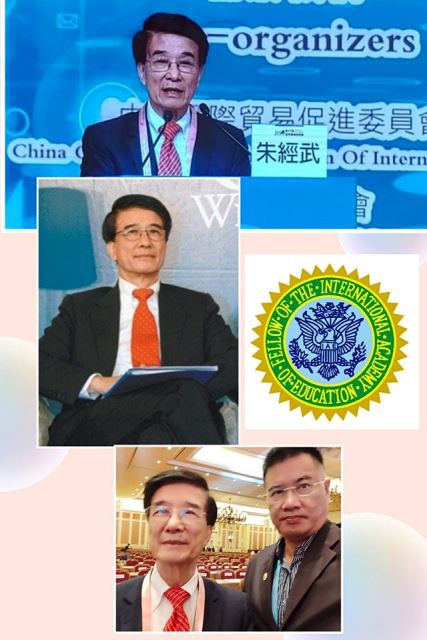日期:2020/05/31 IAE 報導


We have had many exchanges over the past seven or eight years, and it is a great honor to invite Professor Zhu Jingwu, an academician of the National Academy of Sciences, who can become an outstanding high-tech star in the global industry, government, academia and research of the IAE International Academic Academy with a history of 350 years.
Academician Zhu Jingwu pointed out in his speech that the discovery and research of superconductors has only been a century old. After a research boom and a period of silence, it has never been abandoned by the scientific community. The attractive thing about superconductors is that it has "zero" resistance, which can solve energy consumption and other problems. Problem, but the zero-resistance phenomenon only appears at extremely low temperatures; it was first discovered on metallic materials at a temperature of 269 degrees Celsius. After continuous research by scientists, superconducting phenomena were also discovered in other materials, and the temperature also increased. In 1986 Swiss scientists discovered that lanthanum-barium-copper-oxygen oxide is superconducting at minus 237 degrees Celsius. Academician Zhu Jingwu revealed that after the discovery of Swiss scientists in 1986, he asserted that he "believed that superconductivity would be found at higher temperatures." His team made a surprising discovery in 1987.
A team led by academicians Zhu Jingwu and Wu Maokun further discovered yttrium-barium-copper-oxygen oxide in 1987, which showed superconductivity at minus 183 degrees Celsius. After that, the scientific community gradually discovered more superconducting materials. ⋯⋯In early 2015, German scientists announced the discovery of superconductivity at minus 190 degrees Celsius.
Academician Jingwu Zhu is the first physicist to discover the high-temperature superconducting material of lanthanum barium copper oxide at 90°K (-183°C, higher than the temperature of liquid nitrogen -196°C), and won the Comstock Physics Prize for this. (1988), and thus discovered new superconducting materials, creating a new chapter in the research and application of high-temperature superconductivity. He was named a "superstar in the scientific community" and "a world-famous person" by the New York Times and USA Today. A wise man who changed his mind."
陳俊吉